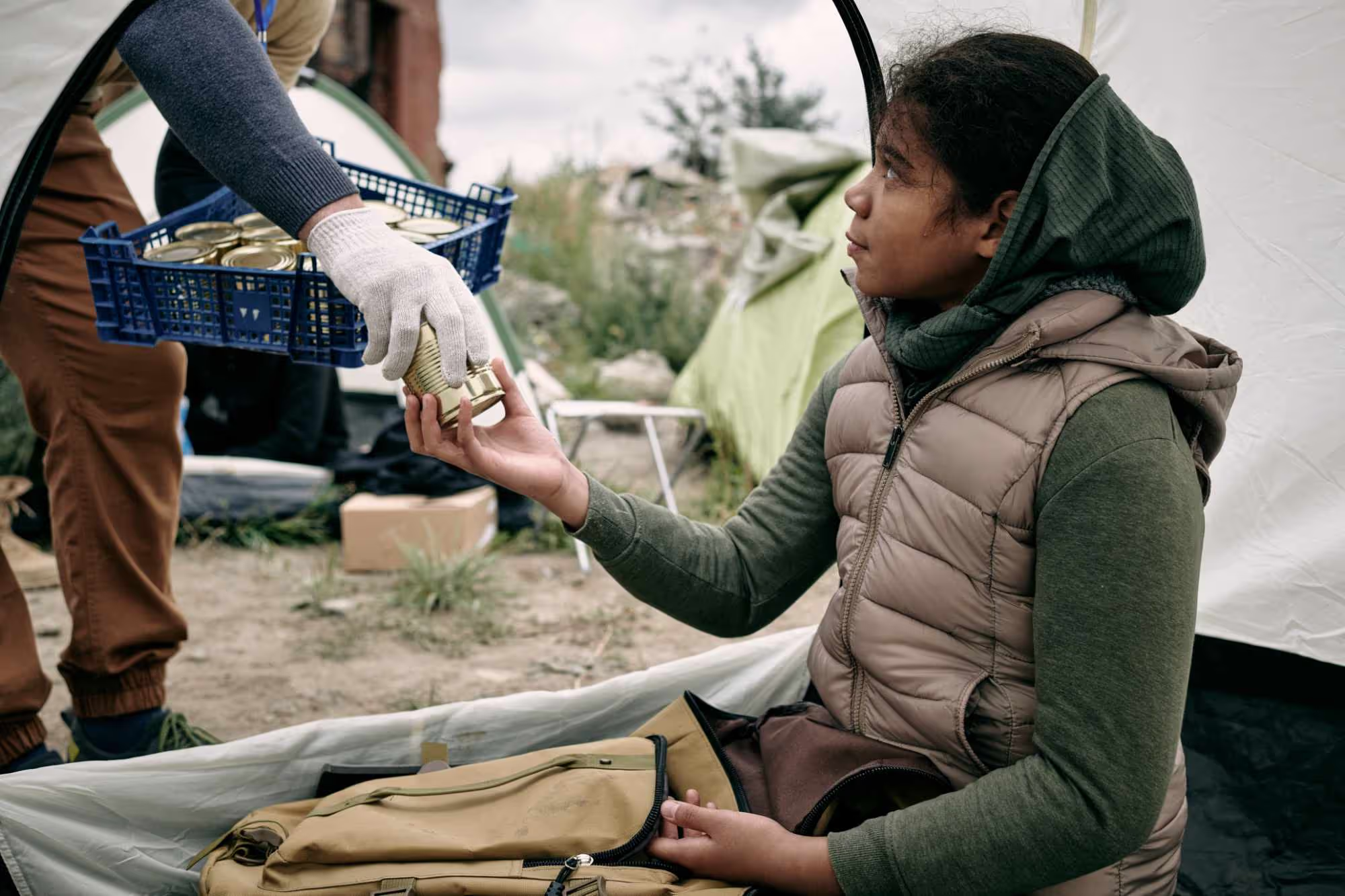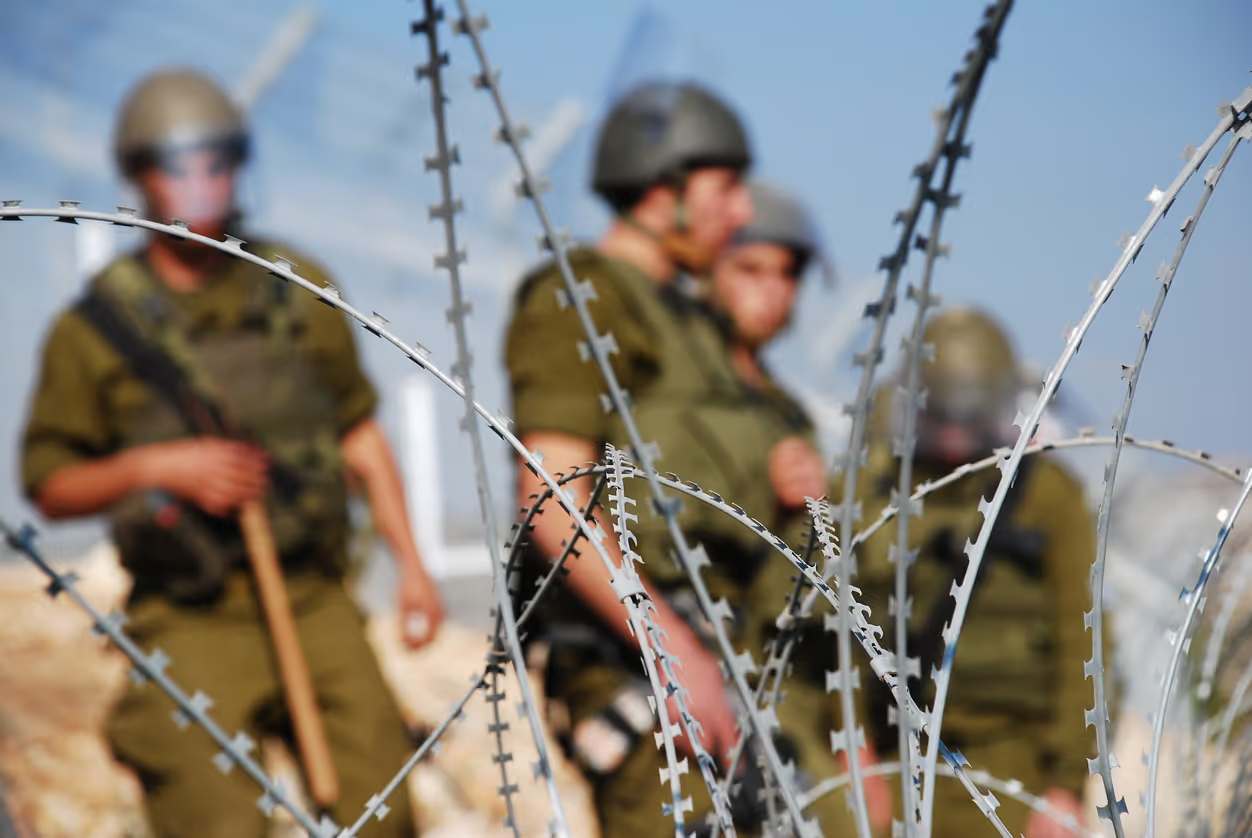The Real Cost of Underinsuring Local Staff: Lessons from the Field

In humanitarian operations, local staff and volunteers are often the first on the scene — and the last to leave. They’re the backbone of many NGO responses, offering deep cultural understanding, linguistic skill, and regional access that international staff simply can’t replicate.
Yet in far too many cases, they are underinsured — or not insured at all.
It’s a blind spot that’s not just ethically troubling but operationally risky.
Why Local Staff Often Get Left Out
The reasons vary, but a few common patterns emerge:
- “They’re not travelling” – Organisations wrongly assume in-country staff don’t need the same cover.
- Budget pressures – Insurance is sometimes reserved for expatriate teams due to cost constraints.
- Assumed coverage – NGOs may believe partner organisations have insurance in place (they often don’t).
- Unclear risk ownership – When national staff are subcontracted or freelance, responsibility becomes blurry.
But the consequences of underinsurance are very real.
Case Study: When Assumptions Become Liabilities
In 2022, a regional programme manager in northern Mozambique contracted malaria while working in a remote area. He was employed locally by an international NGO’s country office.
The problem?
- He had no medical evacuation cover.
- Local hospitals lacked the facilities for critical care.
- There was confusion about whether he was even “staff” under the main organisation’s duty of care.
After multiple delays and internal escalations, a medevac was finally arranged – but it took over 72 hours. He recovered, but the NGO faced serious questions from both staff and donors.
This is not an isolated case.
🔗 A study by the International NGO Safety Organisation (INSO) notes that national staff now account for the vast majority of security incidents affecting aid workers in conflict environments. [Source]
Why Local Teams Need Proper Cover
Whether national staff are fixed employees, consultants, or volunteers — if they’re part of your programme delivery, they deserve:
- Medical cover in-country
- Accidental death & permanent disability benefits
- Emergency medical evacuation if needed
- Clarity on who’s responsible
And more importantly, you need clarity too.
That’s why insuranceforngos.com offers in-country solo or group cover for local staff — designed specifically to plug this protection gap.
What Underinsurance Actually Costs
- Human lives – Delayed treatment or no cover for evacuation
- Reputation – Local media, staff and donors notice when national teams are treated differently
- Staff retention – Talented national professionals won’t stay where they feel disposable
- Legal exposure – Duty of care applies to all personnel, not just expats
🔗 The CHS Alliance highlights the importance of equitable staff treatment and risk preparedness under its Core Humanitarian Standard. [Read more]
How We Can Help
At insuranceforngos.com, we understand the reality on the ground.
We provide:
- Cover for individuals or entire country teams
- Options for short-term projects or annual schemes
- Transparent pricing from as little as $11/day
- 24/7 global support – including multilingual assistance
- Fully valid in conflict zones and high-risk areas
Visit our solo and group in-country cover page for more details.
✅ Ready to treat your local teams as vital as they are?
Get a quote for solo or group cover — or contact us to arrange a scheme for your whole country office or programme team.
No exclusions. No delays. No more assumptions.



